ÌKÌLỌ̀ (THREATENING SOMEONE)
One arm is stretched and points in the direction of someone, at the end of the movement the fingers are snapped. Usually it is accompanied by words like “Wàá rí nkan tí màá ṣẹ fún ẹ!” (You will see what will come to pass for you!) or “màá ṣé e fún ẹ” (I will do evil to you!). Whatever happens to the person afterwards, it will be blamed on the one who uttered this gesture and the curse. This is a very serious and aggressive offense that can result in violence or a severe conflict between the parties involved. The usual immediate respond is the “oṣi dànùn” gesture mentioned above to ward off the evil.
ÀṢẸ (EMPHASIZING PRAYERS)
In the Cuban diaspora finger snapping is used to ward off evil in prayers to the Òrìṣà, very much like in the “oṣi dànùn” above. For this, the fingers of the left hand are snapped, while saying “kò sí ikú, kò sí àrùn, etc.” (“there is no death, sickness, etc.”) or “bá ikú n lọ̀, bá àrùn n lọ̀, etc.” (“join the death in going away, the sickness, etc.”). In Yorùbáland this finger-snapping sound can accompany all prayers to the Òrìṣà, also while praying for the good things to come into your life, which hand is used does not matter so much here. The sound generally emphasizes the words of the prayer, it is like putting stress to them, calling them into being, it is very much like saying “Àṣẹ” or shaking a rattle or bell to strengthen the uttered words.
ỌWỌ́ Ọ̀TÚN, ỌWỌ́ ÒSÌ (RIGHT HAND, LEFT HAND)
Let me say some words on the use of the right or the left hand. Ọlanikẹ Ọla Orie mentions in the article “Pointing the Yoruba way” different roles the right and the left hand play in Yorùbá culture. The right hand, “ọwọ́ ọ̀tún”, is used for positive actions like eating, drinking, receiving. The left hand, “ọwọ́ òsì”, is reserved for more passive tasks and in idiomatic expressions is called a “spoiled and pampered” hand, like in “ó bajẹ́ bí ọwọ́ òsì”. Dirty tasks (in the bathroom) should be performed with the left hand, as we know it from Islamic cultures, but also spiritually dangerous tasks. The author describes how ritual objects, found in front of one’s compound and left by enemies overnight, will be removed and get neutralized with the left hand. This also reminds me on the Ogbóni gesture discussed above, where the left fist is placed on top of the right one. The left fist is thought of as the feminine one, that in this cult of mother earth dominates the right side, the masculine one. It is a sign for the sacred matters’ primacy over the physical world. In this sense the Cuban Diaspora finger-snapping with the left hand to ward-off evil makes perfect sense. This is what Babatunde Lawal describes as “Ejìwàpò”, the dialectics of Twoness in Yorùbá Art and Culture, “ọ̀tún” and “òsì” stand for the benevolent (Òrìṣà) and the malevolent (Ajogun) sides of the world. In her recommended book about Yorùbá dance and body attitude author Ọmọ́fọlábọ̀ S.Àjàyí calls it the philosophy of “iwọ̀ntúnwọ̀nsì”, an injunction that everything must be balanced and in moderation, “àti ibi àti ire, wọn jọ̀ nrìn” (both the evil and the good are companions). Many proverbs exist about the left hand’s special roles: “Olòṣì ọmọ ní ńfọwọ́ òsì júwe ilé baba ẹ̀” (It is a worthless child that points the way to his father’s house with his left-hand, meaning one should show proper regard for one’s own patrimony).
ṢE ÌBÚRA (TAKING AN OATH)
“Making a solemn declaration” or “to swear” is called “búra” in Yorùbá language. In its basic. common version the tip of the right index fingers touches the tongue, the bent arm is then raised towards the sky, with the wet finger remaining to point upwards. This gesture makes the oath visible to all the people present, what is the most important part. One can swear to God and say “Ọlọ́run gbọ́!” (God heard it!) or swear by the name of one’s father, or whatever might be helpful in the situation. An Olórìṣà or traditional Yorùbá believer would swear to Ògún, as the deity is known for punishing liars. The perjury would be death, uttering “Ògún ré!” (Ògún, behold!). Instead of the finger, a small piece of iron is used to touch the tongue and/or to bite on. In the colonial literature the traditional Yorùbá oath is often referred to as the “kissing” of a piece of iron. What it means to touch things with the tongue does not have to be explained to the initiated Olórìṣà!
Many proverbs tell us about the importance of these gestures: “A kì í fi ohun sọ́wọ́ búra”, “one does not hide something in one’s hand and yet swear (to something one knows nothing about)” means that it is foolish to tempt fate and that the dishonest person exposes himself or herself to the possibility of discovery. “Bí Ògún ẹní bá dánilójú, à fi gbárí”, “If one is sure of Ògún (’s cult object), one taps one’s head with it”. If one is sure of one’s position, one confidently swears by Ògún (Oyekan Owomoyela: Yoruba proverbs).
FÀ ARA ‘Ẹ L’ÉTÍ (PULLING DOWN THE EARLOBE)
This is the gesture where you pull down one of your own earlobes – and not the one of another person. To the Yorùbá people the word “gbọ́”, “to hear”, means not only to clearly have an audible sensation, but to understand the words intellectually. If someone e.g. did not follow your advice, or repeatedly is facing the results of an unsolved matter, you could turn to him, pull your earlobe down, while saying: “Well, I told you, you did not listen!” The expression “kò l’étí”, literally “he/she has no ears” means “to be disobedient”. Pulling the earlobes down invites the other person to be attentive, focused and listen very carefully to what one is saying. It is a warning. A person talking to you, who pulls his or her ears, expresses his or her wish for you to listen and comprehend. There are many Yorùbá phrases involving the “etí”, the ears, like “fetísílẹ̀”, “pay attention to” or the Cuban expression “fitigbo”, probably from Yorùbá “fetígbọ́”, “put ears to listen”, in the sense of “listen very carefully”, known as a warning in a divination setting.
 Ọmọ Oòduà Naija Gist | News From Nigeria | Entertainment gist Nigeria|Networking|News.. Visit for Nigeria breaking news , Nigerian Movies , Naija music , Jobs In Nigeria , Naija News , Nollywood, Gist and more
Ọmọ Oòduà Naija Gist | News From Nigeria | Entertainment gist Nigeria|Networking|News.. Visit for Nigeria breaking news , Nigerian Movies , Naija music , Jobs In Nigeria , Naija News , Nollywood, Gist and more

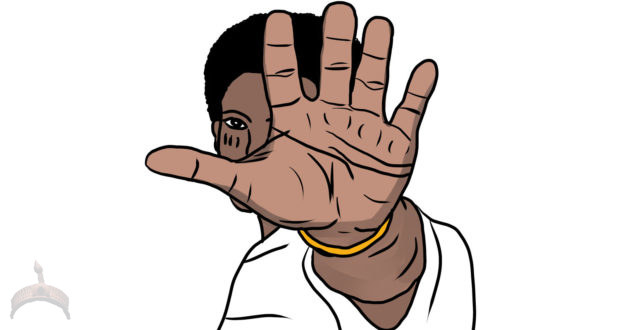
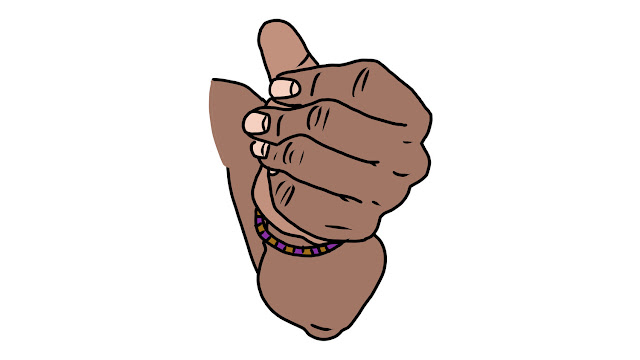
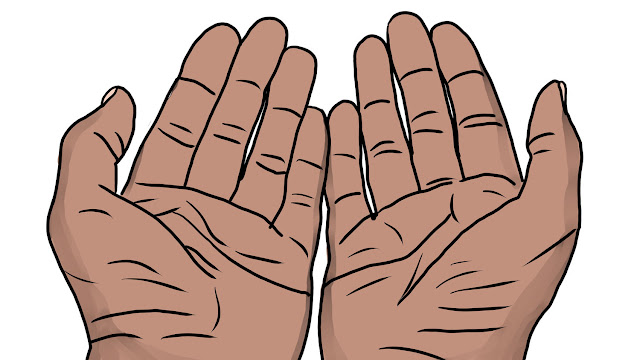
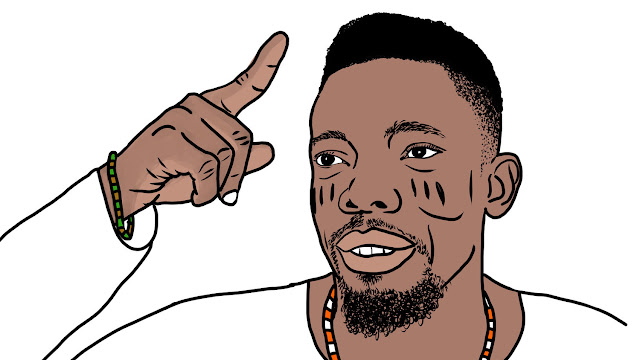
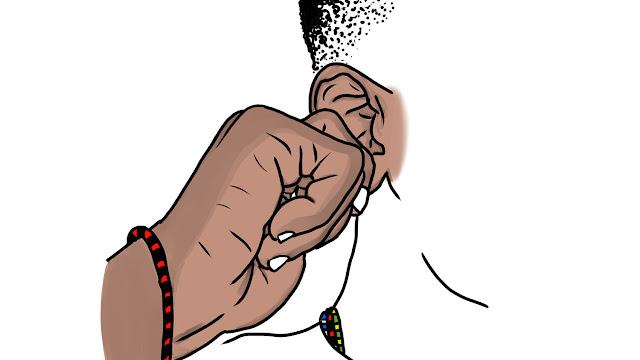








(Y)